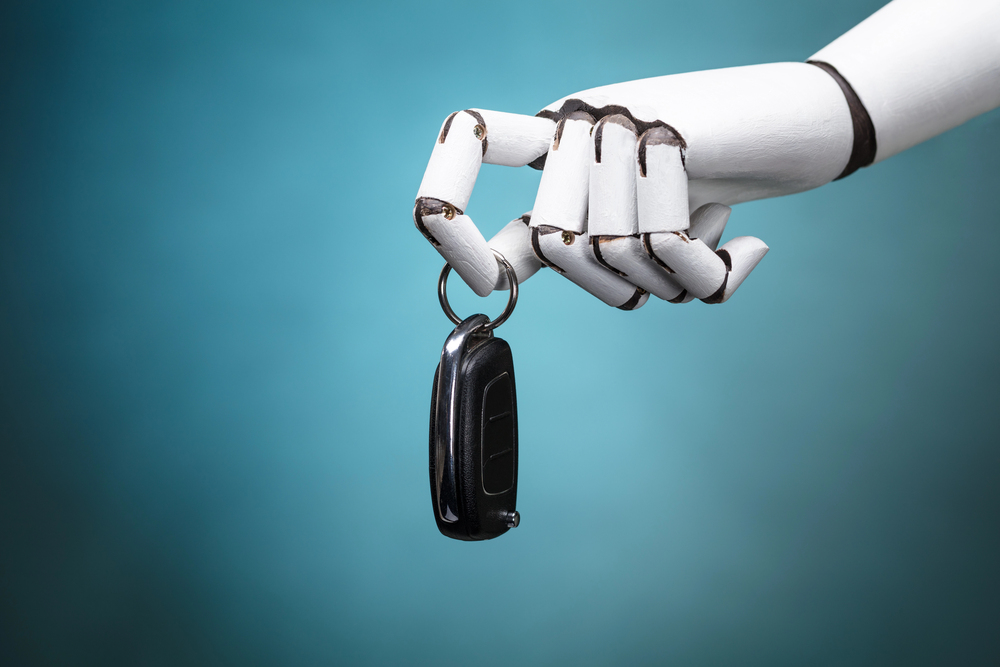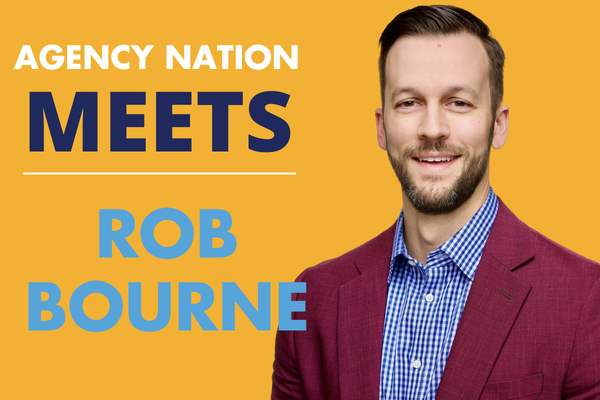Where Will Personal Auto Insurance Be in 25 Years?

By: Amy Danise
Over the past few decades, technological advancements have rendered many jobs obsolete—think phone operators, file clerks, film processors and travel agents.
The infamous McKinsey Report in summer 2013 was perhaps the first to question whether auto insurance agents will face the same fate in the coming decades. But now, tech has added new wrinkles to the debate.
Driverless Cars and Uber
Rapid advancements in autonomous cars could sharply reduce the need for personal auto insurance in the near future, because driverless vehicles promise to greatly reduce the frequency of car crashes.
Autonomous cars are also likely to shift the insurance burden away from drivers: Crash damage will become a matter of product liability, shifting claims to the car’s software or automaker. Companies such as Google, Mercedes and Volvo say they’ll accept responsibility for liability involving their self-driving vehicles.
Another factor reducing demand for personal auto insurance: Ridesharing services such as Uber and Lyft will reduce the need for car ownership. Travis Kalanick, Uber CEO, says Uber will make owning a car “a thing of the past.”
Research firm KPMG was among the first to lay out a timeline projecting the decline of the auto insurance industry. In a June 2015 report, KPMG predicted the industry would shrink to less than 40% of its current size within 25 years.
Without liability as a foundation for personal auto insurance policies, agents might be left to sell much smaller policies that cover theft and catastrophes.
“The personal auto lines sector will likely bear the brunt of the transformation, as it will hold a smaller share of a smaller market,” said Chris Nyce of KPMG’s actuarial and insurance risk practice in a statement. “By 2040, we believe this sector will cover less than $50 billion in loss costs in nominal dollars, compared with the current $125 billion, with premiums moving nearly proportional. The shrinkage in real terms may be even greater.”
Where’s the Plan?
Despite impending change, some auto insurance executives seem unruffled. A KPMG survey found that 16% of senior insurance executives believe driverless cars will have little or no impact on their business. And when asked whether their companies are prepared for driverless vehicles, only 10% of insurance executives said they felt well prepared, compared to 74% who said they are not prepared.
When asked what their companies had done to prepare for driverless vehicles, here is what the executives said (multiple responses allowed):
- 65% have “had conversations”
- 10% have a strategic plan
- 6% have a task force
- 6% have an operational plan
- 32% have done nothing
“Insurers tend to look at this year’s problems, and maybe the next two or three years’ problems, and not a challenge that’s not going to land with both feet [in] 15 to 20 years,” says Donald Light, Celent’s director of North America property-casualty insurance.
The Role of Telematics
Some insurance companies appear to be making preparations, particularly in the realm of usage-based insurance and other automotive telematics. For example, in a recent patent application, State Farm revealed how it might reinvent itself as a “life management company” by collecting and aggregating vehicle, home and personal health data from customers and then providing customized advice or recommendations for products and services.
State Farm has been actively researching ways to move beyond car insurance, including a way to measure drivers’ emotions and a system for collecting customer data for targeted advertising.
For example, data analysis might determine that a customer is frequently irritated while driving. The system would then look for underlying causes of the irritation and might find that the person is not getting enough sleep, then send a text message every night reminding the person to go to bed. On the other hand, analysis of the home data might reveal that the house is cold at night, resulting in a recommendation that the customer turn up the heat to sleep better.
Light speculates that “an insurer that doesn’t exist today” could be the breakout star of the future, or that a trusted brand name—like Amazon, Apple or Google—could succeed in the insurance space because it would have no legacy cost structure to support, such as a vast army of agents or legacy computer systems.
The insurance executives who participated in KPMG’s survey say Google might end up being a major player in whatever is left: 55% believe that Google will distribute insurance products, and 23% believe it will compete as an insurance company.
Amy Danise is an editor at NerdWallet, a personal finance website.










